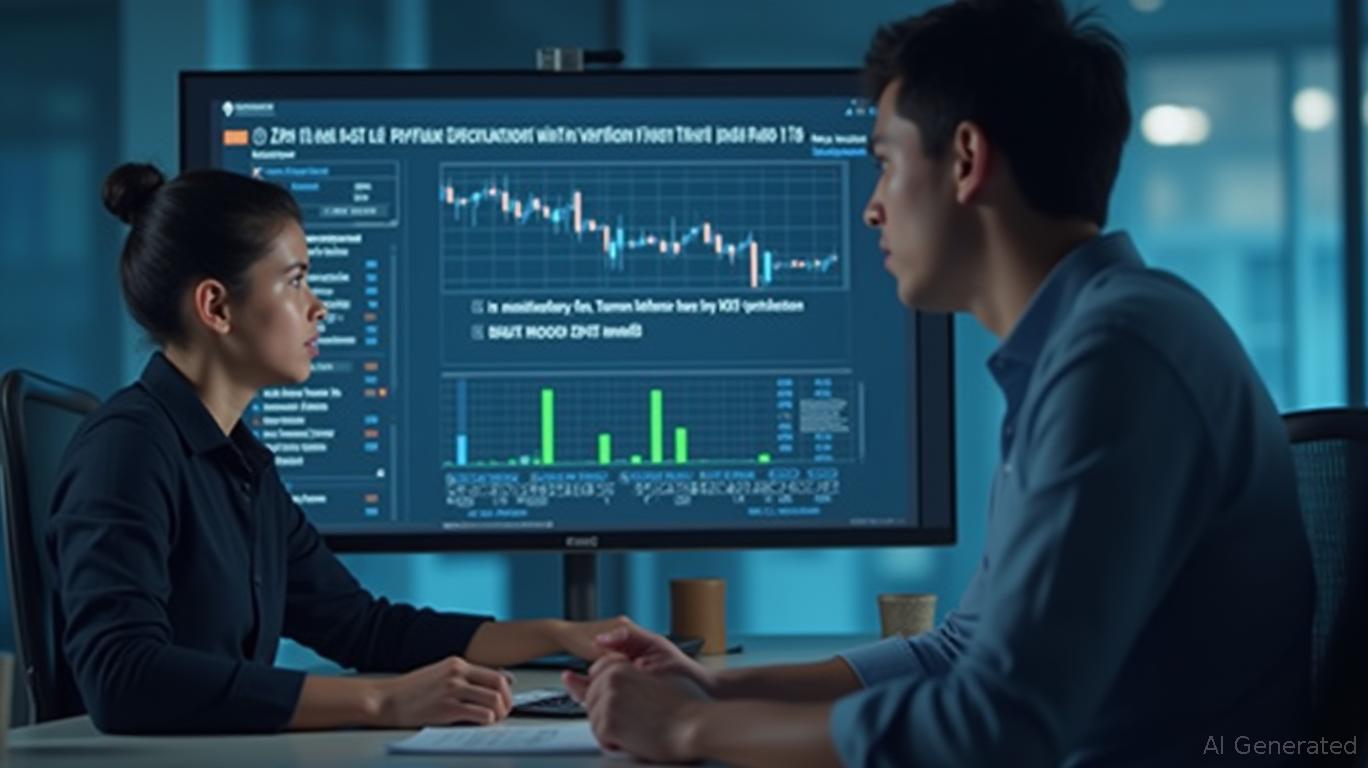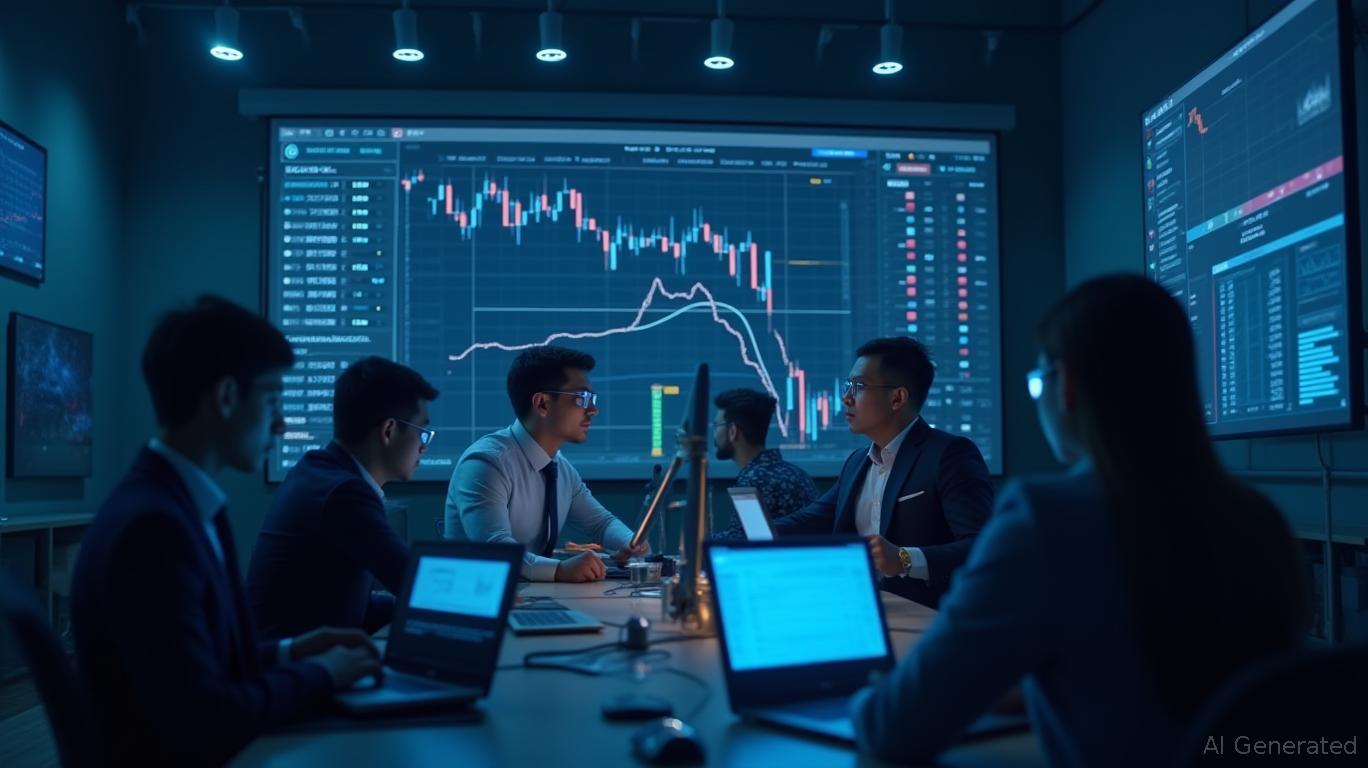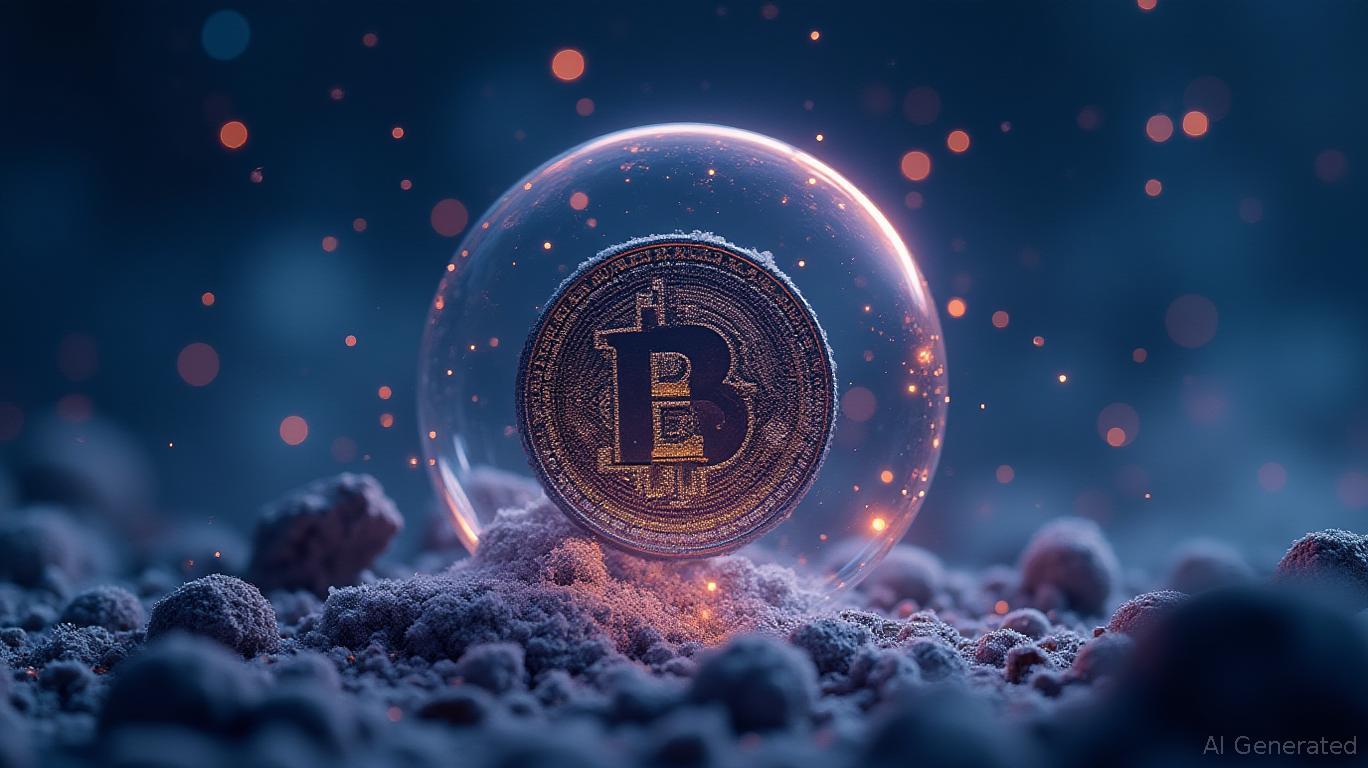Lula Seeks Trade Agreement While Trump Links Tariffs to Bolsonaro Controversy
- Brazil's Lula and Trump agreed to immediate U.S.-Brazil trade negotiations after ASEAN summit talks, with Lula citing Trump's assurance of a swift resolution. - U.S. imposed 50% tariffs on Brazilian imports in August, linking them to Bolsonaro's legal issues, straining relations and disrupting $410B trade surplus. - Brazilian industry groups welcomed dialogue as tariffs raised U.S. prices, while Lula urged U.S. to respect Venezuela's sovereignty during the summit. - Trump hinted at broader regional deals
After meeting with Donald Trump at the ASEAN summit in Malaysia, Brazilian President Luiz Inácio Lula da Silva expressed hope for a possible trade agreement between the U.S. and Brazil, even as disputes over tariffs and diplomatic strains related to Jair Bolsonaro’s legal issues persist. The two presidents, who had a short but reportedly positive conversation on October 26, agreed to start talks right away to address the conflict. Lula stated that Trump “promised” a solution would be reached “sooner than anyone expects,” as noted in an
In August, the U.S. enacted 50% tariffs on most goods imported from Brazil, a decision Trump linked to what he described as a “witch hunt” against Bolsonaro, who was recently found guilty of attempting a coup after his 2022 election defeat. These tariffs, which affected a $410 billion U.S. trade surplus with Brazil over the past 15 years, have heightened tensions between the countries. Lula criticized the tariffs as a “mistake” and defended Brazil’s economic interests, according to an

During their discussion in Malaysia, Lula insisted that Bolsonaro’s legal matters should not influence trade talks, saying, “Bolsonaro is now a figure of the past in Brazil’s history,” as reported by
Brazil’s foreign minister, Mauro Vieira, announced that negotiation teams from both countries would begin talks “right away,” aiming to pause the tariffs during discussions, according to
Lula also took the opportunity to criticize U.S. actions in Venezuela, calling for adherence to international law and respect for sovereignty, as mentioned in another
---
Disclaimer: The content of this article solely reflects the author's opinion and does not represent the platform in any capacity. This article is not intended to serve as a reference for making investment decisions.
You may also like
ZKP Disrupts Crypto Speculation by Introducing a Trust Model Based on Verification
- ZKP blockchain project challenges crypto speculation by rewarding verifiable contributions over speculation, using cryptographic proof-based governance. - Its tokenomics allocates 48.5% of 1 billion tokens to community through phased unlocks, emphasizing long-term ecosystem development. - Whitelist participants shape trust mechanisms via data validation, contrasting traditional presales that prioritize capital or timing. - Integrating AI computation and privacy protocols, ZKP combines Proof of Intelligen

Bitcoin Updates: Eastern AI Advantage: Strategic Consistency Prevails Amid Unstable Cryptocurrency Markets
- Chinese AI models DeepSeek and Qwen outperformed Western counterparts in a crypto trading competition, achieving 126% and 108% returns respectively amid volatile markets. - Western models like GPT-5 and Gemini 2.5 Pro lost nearly 60% of capital due to poor high-frequency trading strategies and timing errors during sharp market corrections. - The contest highlighted strategic differences: DeepSeek's diversified long positions contrasted with Qwen's ETH-focused approach, while Western models struggled with

Solana News Update: MoonBull Merges Meme Craze and Strategic Expansion to Compete with Industry Leaders
- MoonBull ($MOBU) outpaces BNB and SOL in 2025 crypto growth via presale strategy and community-driven mechanics. - Stage 5 presale raised $450K at $0.00006584, projecting 9,256% returns by listing price of $0.00616. - Structured tokenomics with liquidity locks, burns, and 15% referral rewards differentiate it from speculative meme coins. - Analysts compare its growth model to Ethereum, suggesting it could redefine meme coins through governance and scarcity mechanisms.
